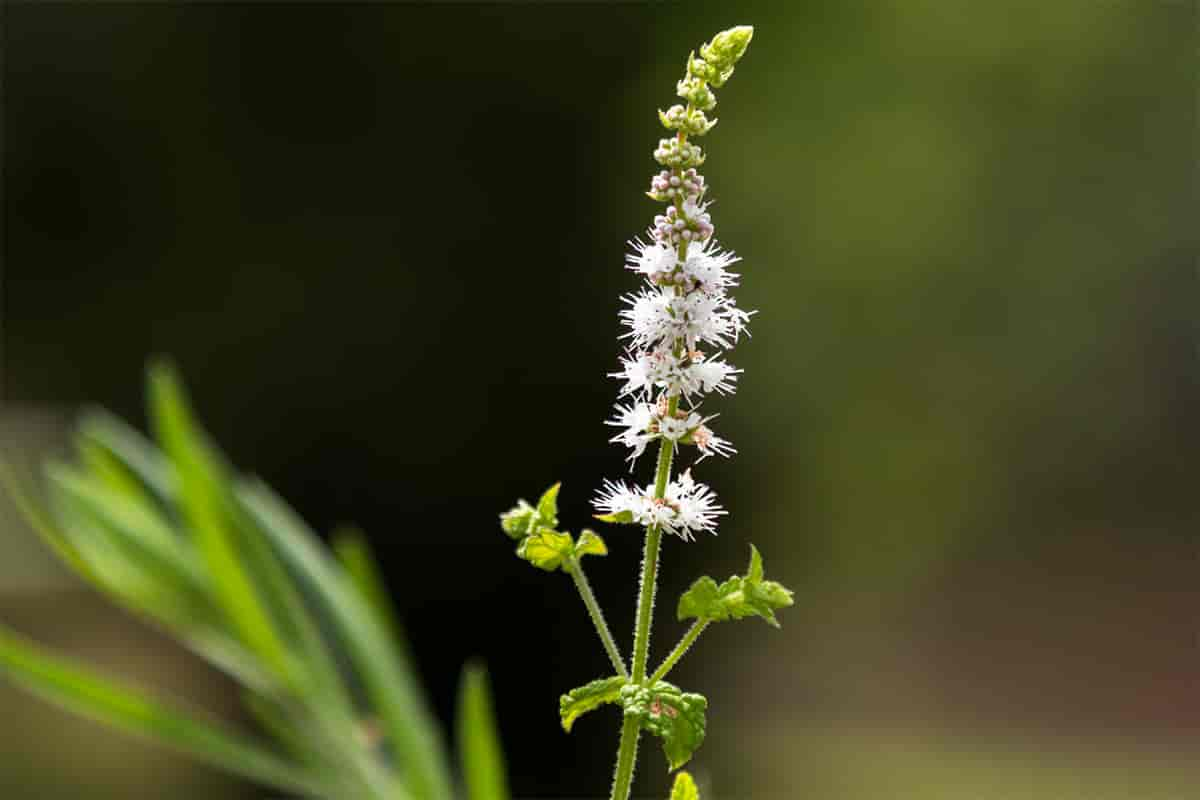The Facts on Black Cohosh and Menopause

Many women are turning to alternative therapies to help alleviate commonly reported menopausal symptoms. One of the most popular is black cohosh. What is it, and what does research say about its effectiveness and safety?
What Is Black Cohosh?
Black cohosh is a perennial herb related to the buttercup, the root of which is often used for medicinal purposes. It was first used in this way by indigenous people and was introduced for various women’s health applications in Europe in the 1950s.
In addition to black cohosh, there is also blue and white cohosh. However, these do not have the same health applications and have not been studied for their safety or medicinal use.
While many of these applications are not supported by research, black cohosh has historically been used for a wide range of women’s health symptoms such as:
- Menopausal symptoms
- Premenstrual syndrome (PMS) symptoms
- Painful menstruation
- Acne
- Helping to initiate labor in pregnant women
- Painful intercourse
- Moodiness, like anxiety and irritability
- Disturbances in regular sleep
- Ringing of the ears
- Vertigo, dizziness, and migraines
- Heart palpitations
- Osteoporosis
- Bone density loss
The Research on Black Cohosh for Menopause Symptoms
Because black cohosh appears to act similarly to estrogen in the body, it has become popular as an herbal remedy for menopause symptoms like:
- Hot flashes
- Night sweats or excessive sweating
- Mood disturbance
- Vaginal dryness
Various studies have shown that black cohosh can have a modest positive impact on menopause symptoms like hot flashes. However, high-quality reviews of the research in 2012 and 2016 failed to find a consistently positive effect of black cohosh that was greater than a placebo.
It’s important to note that most of the research on black cohosh in menopause has been done with Remifemin, a specific brand of commercially-available black cohosh. In other words, the effectiveness of other black cohosh products in menopausal symptoms is largely unknown.
Should You Try Black Cohosh?
If you’re interested in trying black cohosh for your menopause symptoms, start first by consulting your healthcare provider. This herb may interact with certain medications, like blood thinners. Liver damage, a rare side effect, is the side effect of greatest concern to healthcare providers.
Furthermore, some studies indicate that black cohosh may not be safe for use in women with breast cancer and heart disease. When deciding if black cohosh is an appropriate alternative therapy for your symptoms, it’s best to speak with your gynecologist. There may be other options that are more appropriate and better studied for your specific health history.
Regardless of your health history, the lack of long-term safety data on the use of black cohosh has led experts to recommend taking it for no longer than one year.
Because black cohosh is an herb, it is not regulated by the FDA. Be a conscious consumer and purchase only high-quality and reputable products that are third-party verified.
Sign up for more unique women’s health content
By submitting this form, you agree to the Lisa Health Privacy Policy and Terms of Use


